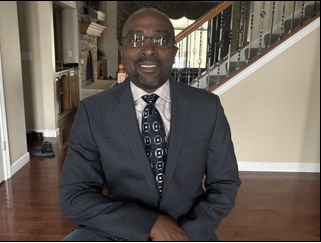
The Nocturnist Journey of Dr. Linus Anukwu in Illinois and Indiana
Embracing the Night Shift: An Unconventional Path
In the quiet hours when most are asleep, a unique group of medical professionals are at the helm, ensuring continuous care for patients. This is the story of Linus Anukwu, a dedicated Nocturnist working in the states of Illinois and Indiana. His journey offers an illuminating glimpse into the world of nighttime healthcare and the specialized role he occupies.
The Role of a Nocturnist: Vital Yet Underrecognized
Nocturnists, like Linus Anukwu, are physicians who specifically work overnight shifts in hospitals. Unlike their daytime counterparts, they manage the hospital’s patient care during the night, often addressing urgent medical needs and overseeing the transition of care from day to night. This role is crucial for maintaining the health and safety of patients when regular providers are unavailable.
Dr. Anukwu’s Unique Expertise in Family Medicine
Dr. Linus Anukwu’s expertise in family medicine adds a distinct advantage to his Nocturnist role. Trained to handle a wide range of medical issues, his background allows him to provide comprehensive and holistic care at all hours. From managing chronic conditions to handling emergency situations, his broad knowledge base ensures that patients receive high-quality care regardless of the hour.
Overcoming Challenges in Nighttime Medical Care
Working night shifts is not without its challenges. Dr. Anukwu often faces issues such as reduced staffing, the need for quick decision-making, and the difficulties of managing complex medical conditions in an urgent care context. Despite this, his commitment to his patients and his passion for medicine drive him to excel in this demanding environment.
Impact on Patients and Hospital Workflow
The presence of Nocturnists like Linus Anukwu significantly improves the continuity of care in hospitals. By ensuring that patients have access to experienced medical professionals throughout the night, hospitals can offer more consistent care and better overall outcomes. This role also alleviates the burden on daytime staff, allowing for more balanced workloads and increased attention to patient care.
